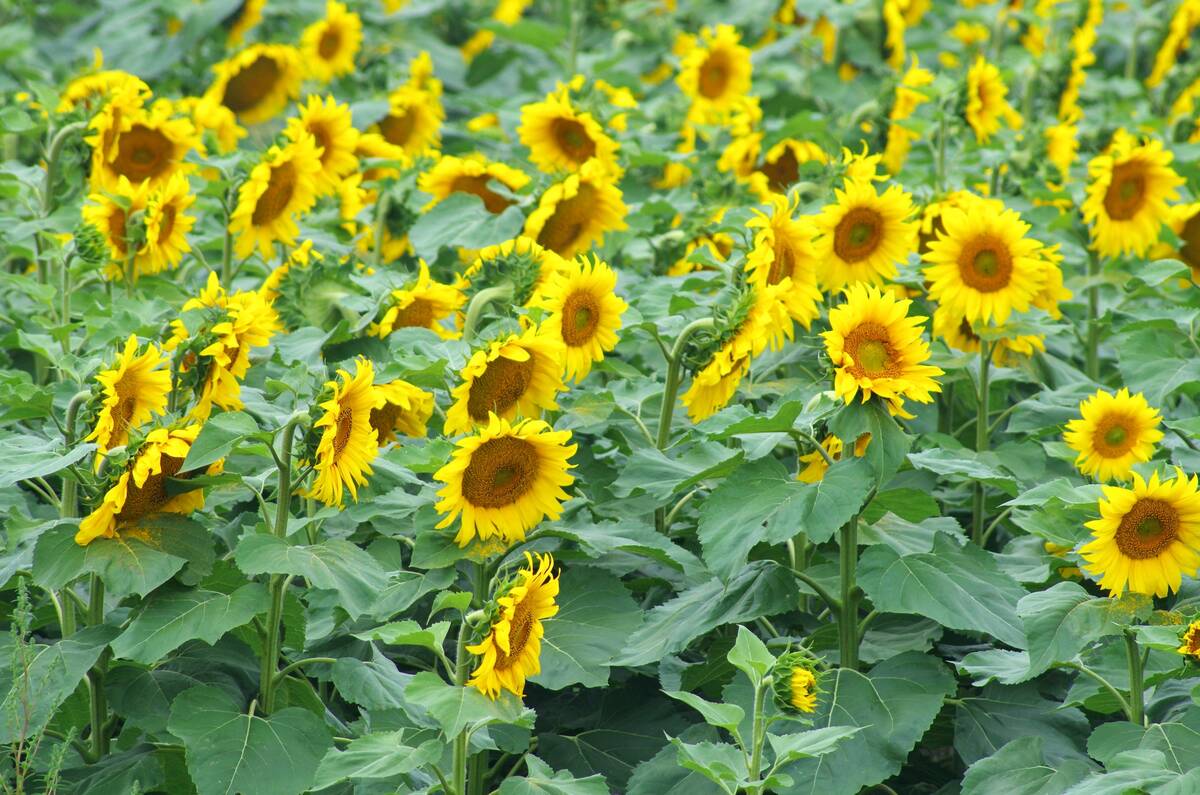Until leaders of Third World countries invest in agriculture, they will never improve their economies.
The strong links between agriculture and the rest of the economy have been forgotten in many of these developing nations, said Per Pinstrup-Andersen.
Poverty is normal among farmers in developing nations and solutions from industrialized countries don’t work.
As the director of the International Food Policy Research Institute based in Washington, D.C., Pinstrup-Andersen said the Green Revolution bypassed farmers in developing nations. Farmers in sub-Saharan Africa didn’t benefit from improved plant varieties, irrigation, better fertilizers or pest control.
Read Also

Made-in-Manitoba sunflower hybrid heads to market
Glacier FarmMedia – Manitoba’s confection sunflower growers will have a new seed option next spring that was developed specifically to…
Speaking at the international farm management congress held July 14-19 at the University of Calgary, Pinstrup-Andersen said western policies fail this group of farmers.
“We can’t use the common agriculture policy of Europe and the policies of North America as guidelines for policies in low income, developing countries,” said Per-Andersen.
There are a number of common barriers inhibiting progress in the developing countries, he said.
The largest is poverty. Probably 1.3 billion people live in households where each person earns less than $1 (U.S.) per day.
Between 70 and 80 percent of those people live in rural areas and depend on agriculture.
Poor people don’t have the money or other assets to invest in a new technology to increase production. They can’t get credit and they are often uneducated.
There is also a link between rural poverty and resource degradation.
In some developing Asian countries, farmers can buy fertilizer but there is concern it is used incorrectly.
In African nations there is almost no fertilizer available and farmers are literally removing the nutrients from the soil every year.
Water use is also on the list of problems.
There is an assumption that water for agriculture should be free but Pinstrup-Andersen disagrees, saying this attitude leads to misuse and waste.














